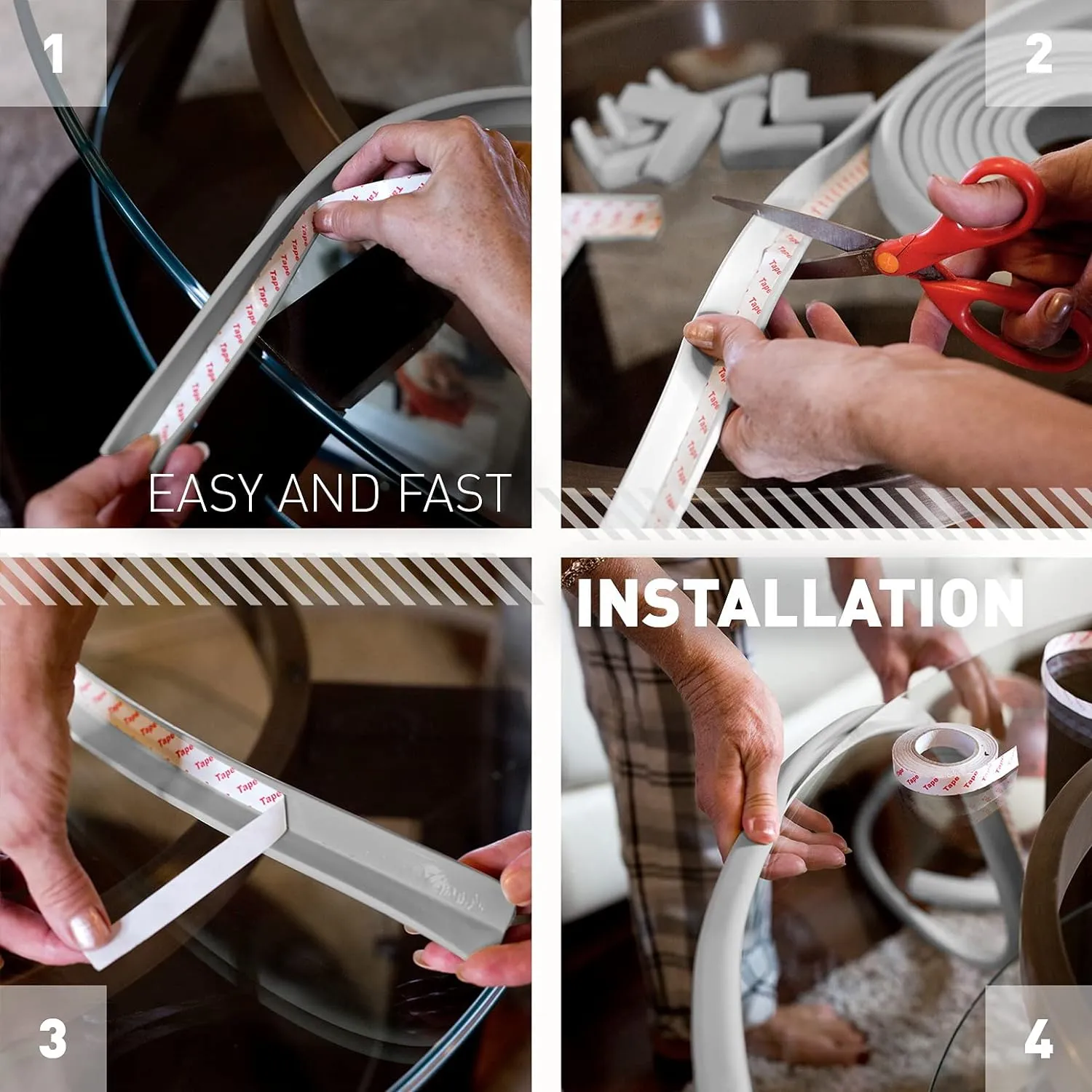Best Practices for Choosing Thin Rubber Seal Strips for Effective Insulation
The Versatility and Importance of Thin Rubber Seal Strips
In an era where efficiency and sustainability are paramount, thin rubber seal strips have emerged as unsung heroes across various industries. These small yet vital components play a crucial role in ensuring optimal performance, safety, and energy efficiency in numerous applications. This article delves into the significance of thin rubber seal strips, their applications, and the benefits they offer.
What Are Thin Rubber Seal Strips?
Thin rubber seal strips are flexible strips made from various types of rubber, designed to create a tight seal between two surfaces. Their primary function is to prevent the infiltration of air, water, dust, and other contaminants. They can be manufactured in various shapes, sizes, and thicknesses, making them adaptable for multiple uses. Common materials used in their production include EPDM, silicone, neoprene, and PVC, each selected based on specific performance requirements.
Applications of Thin Rubber Seal Strips
The versatility of thin rubber seal strips is evident across various sectors
1. Automotive Industry In vehicles, these seal strips are used around doors, windows, and hoods to prevent water leakage, reduce noise, and improve fuel efficiency by minimizing aerodynamic drag. The right seal ensures a comfortable ride, making them essential for any automobile manufacturer.
2. Construction In the construction industry, thin rubber seal strips are crucial for sealing windows, doors, and other openings, thereby improving insulation and energy efficiency. These strips help to keep indoor environments stable, reducing heating and cooling costs while also enhancing comfort.
3. HVAC Systems In heating, ventilation, and air conditioning (HVAC) systems, thin rubber seal strips prevent air leaks, promoting an efficient airflow and maintaining the desired temperature within a building. Proper sealing is vital for energy conservation, as leaks can lead to significant power wastage.
4. Electronics The electronics industry utilizes thin rubber seal strips to protect sensitive components from dust and moisture. This is particularly important for devices exposed to harsh environments, extending the life and reliability of the products.
thin rubber seal strip

5. Marine In marine applications, thin rubber seal strips are essential for sealing hatches, windows, and bulkheads to prevent water ingress. This application is crucial for ensuring the safety and integrity of vessels, especially during adverse weather conditions.
Benefits of Using Thin Rubber Seal Strips
The benefits of incorporating thin rubber seal strips into designs and manufacturing processes are numerous
1. Energy Efficiency By eliminating leaks and gaps, these seal strips help maintain temperature and humidity levels, contributing to reduced energy consumption. This is particularly vital for businesses aiming to lower operational costs and meet sustainability goals.
2. Cost-Effective When applied correctly, thin rubber seal strips can significantly reduce maintenance costs over time. Preventing water, air, and dust damage can prolong the lifespan of various components, ultimately saving money on repairs and replacements.
3. Enhanced Comfort By sealing gaps that allow noise and environmental elements to enter, these strips improve the comfort levels within a living or working space. This is especially important in residential and commercial buildings where ambiance plays a crucial role in occupant satisfaction.
4. Versatility and Customization Thin rubber seal strips can be easily customized to meet specific dimensions and performance characteristics required by various applications. This adaptability allows manufacturers to use them in an extensive range of products and industries.
5. Improved Safety In critical applications, such as automotive and marine, the use of reliable sealing solutions is vital for maintaining safety standards. Ensuring that compartments are sealed properly prevents potentially hazardous situations, contributing to overall safety.
Conclusion
Thin rubber seal strips may appear to be simple components, but their impact on various industries is profound. By providing effective sealing solutions, they contribute significantly to energy efficiency, cost savings, and enhanced comfort, while also ensuring safety and reliability in multiple applications. As industries continue to evolve and focus on sustainability and efficiency, the importance of thin rubber seal strips will undoubtedly grow, making them an essential consideration for engineers, architects, and manufacturers alike.
-
Silicone Seal Strip: The Ultimate Solution for Your Sealing NeedNewsNov.01,2024
-
Keep the Heat: The Importance of Seal for Oven DoorsNewsNov.01,2024
-
Essential Guide to Corner Protectors for Your FurnitureNewsNov.01,2024
-
Enhance Your Home with Silicone SolutionsNewsNov.01,2024
-
Efficient Maintenance of Melamine Sealing StripsNewsNov.01,2024
-
Comparison of Different Edge Sealing ProcessesNewsNov.01,2024
-
Types of Door Bottom Seal Strips and Their Best UsesNewsOct.25,2024